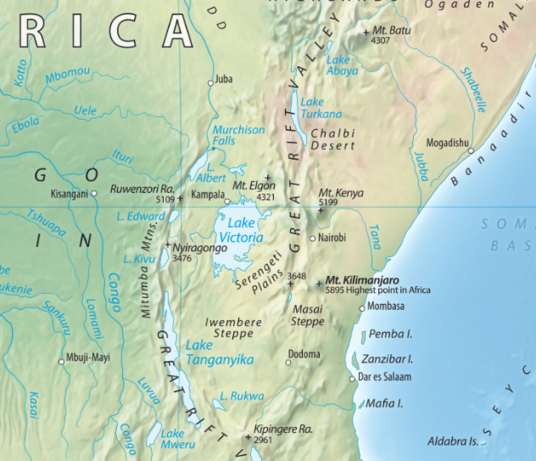
P115_Ghana
Sustainable gender equality, diversity and social inclusion education through oral narratives in Mabia Cultures of Ghana
Cooperating countries: Ghana and Austria
Coordinating institution: University of Ghana, Hasiyatu Abubakari, haabubakari@ug.edu.gh
Partner institutions: University of Vienna, University for Development Studies
Project duration: 1 September 2024 - 31 August 2026
Budget: EUR 29.910
Abstract:
Societies are modeled based on ideas, values and beliefs that are noble for development. A society’s cultural artefacts, tangible or intangible (UNESCO 2001), represent their values and philosophies that inform the lives of the people. The folktales of speakers of Mabia languages in Ghana contain their accepted stereotypes presented in dramatic narratives meant for both instruction and entertainment. These narratives are rich sources of indigenous knowledge that locally address the SDGs albeit the need for conversations on aspects of the culture that influence gender inequality, social exclusion, divisiveness and marginalization of vulnerable groups. This project aims at exploring various causes of gender ideologies that perpetuate inequalities, social exclusion and stereotypes using folktales from Dagaare (Upper East Region), Dagbani (Northern Region) and Kusaal (Upper East Region), all of Ghana. The project explores cultural norms and values that protect marginalised and vulnerable groups. It influences the conversation by creating new folktales that will serve as voices to the voiceless to be aired on radio stations and used as school primers for transformational purposes. It will be observed that folktales of these communities have stereotypical ways of representing male and female characters, people living with disability, marginalised groups etc. Whilst males have authoritative powers, females are subordinates and confined to domestic chores. People living with disabilities are considered as societal burden. Conversations around these are needed to propel SDGs 4 and 5 for a transformational society. This work employs the qualitative approach and the Feminist Critical Discourse Analysis framework.